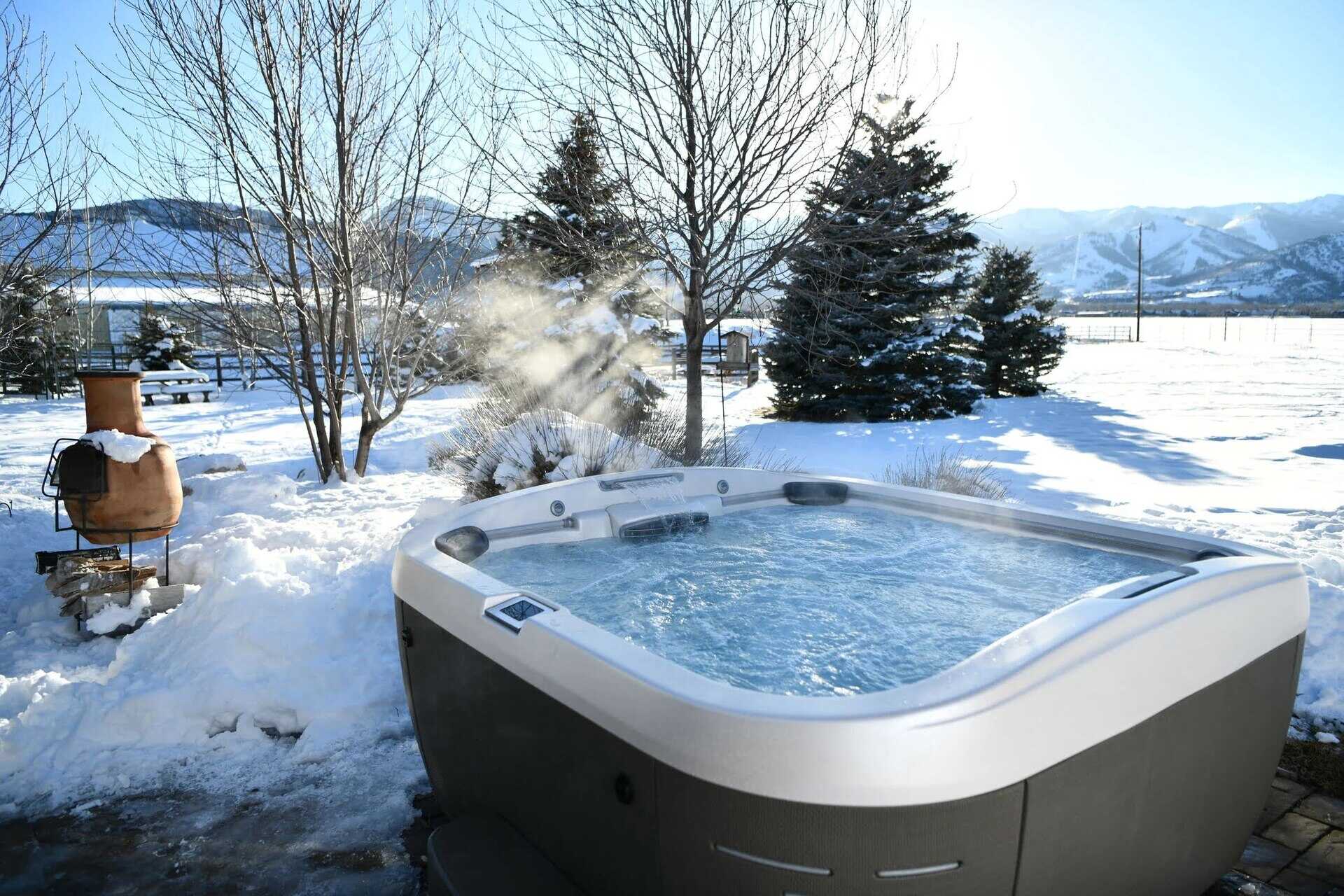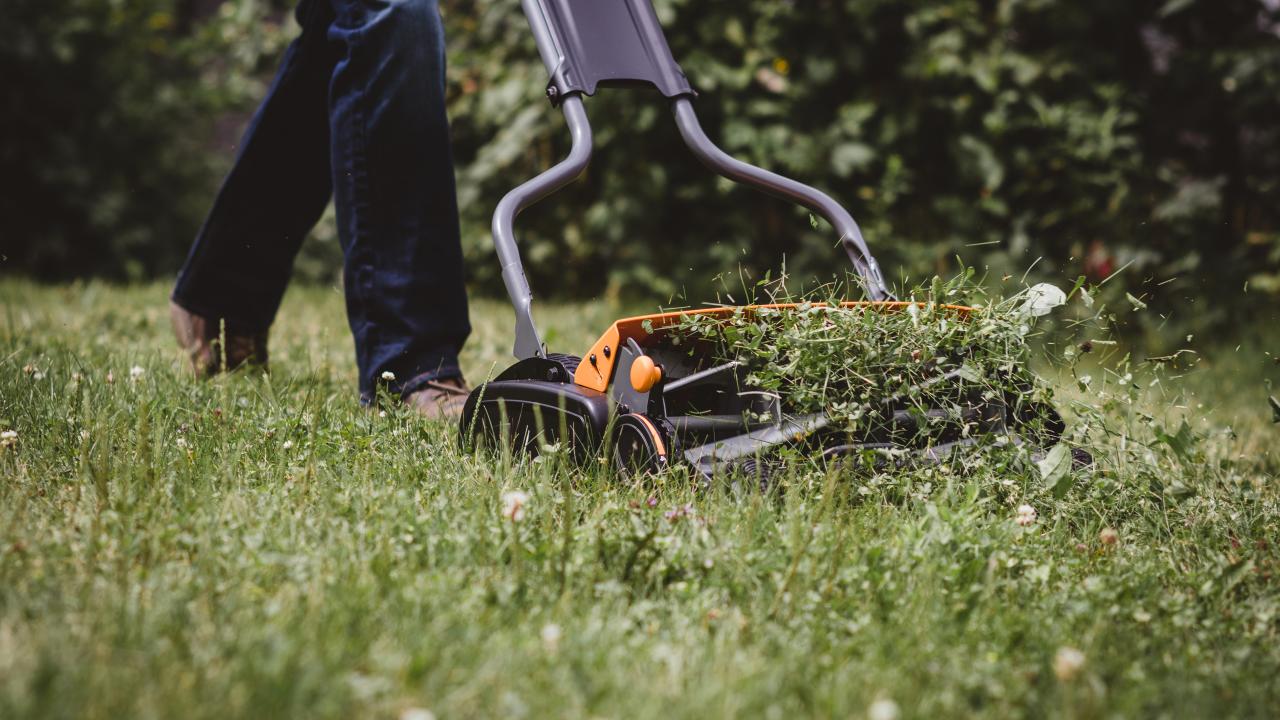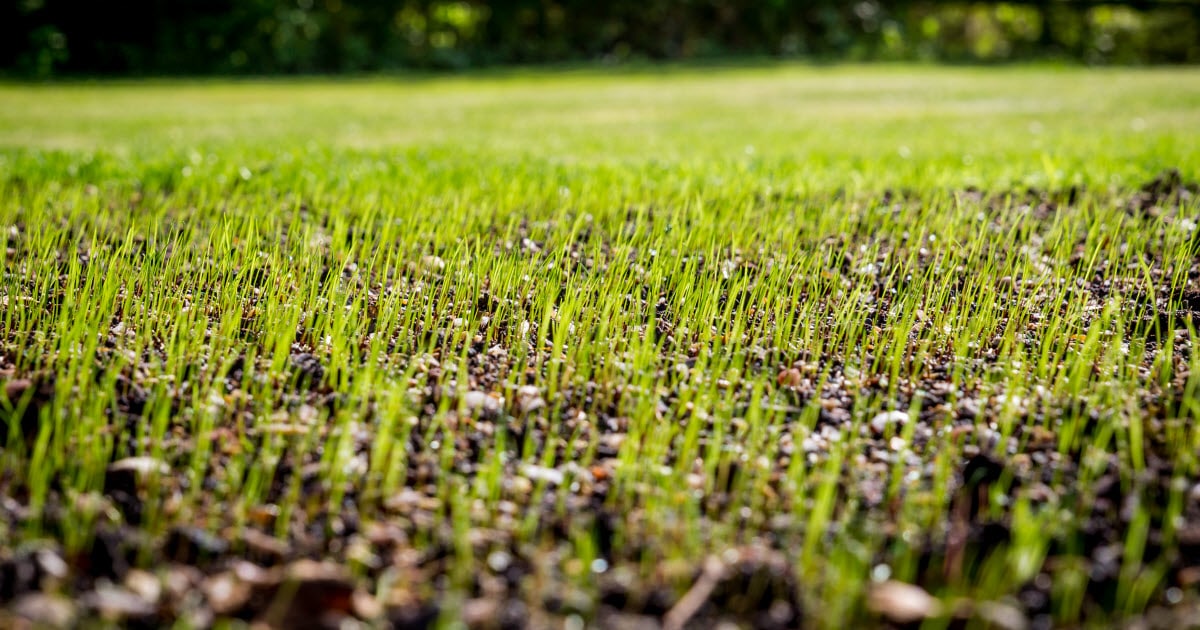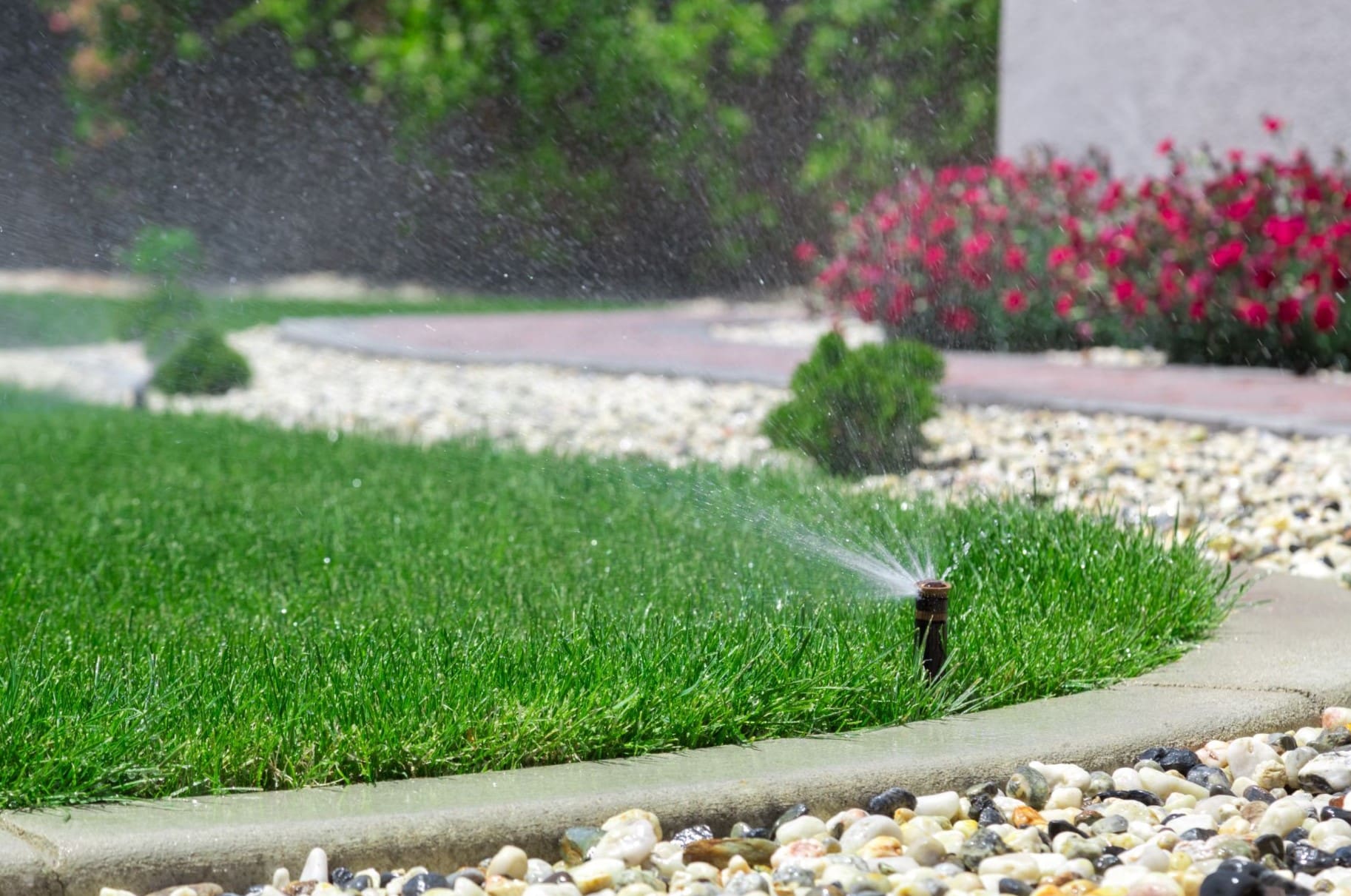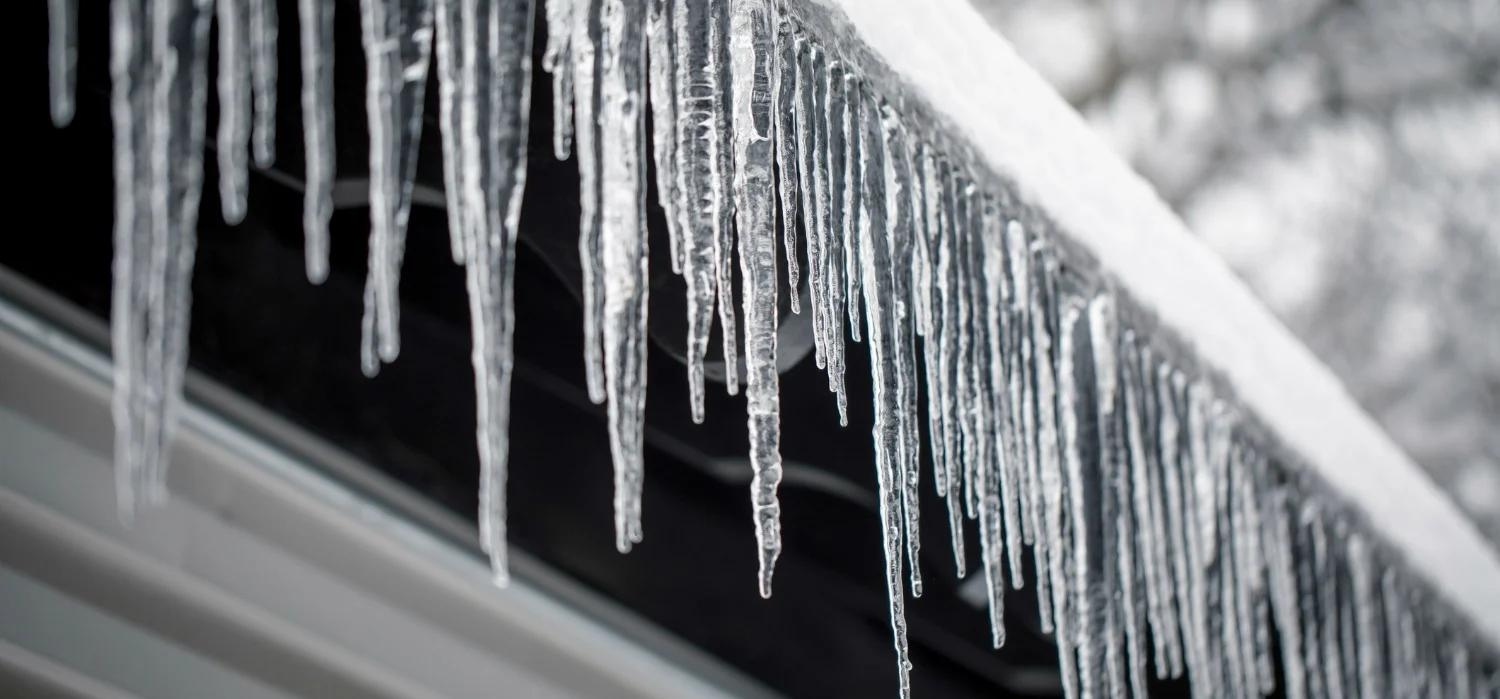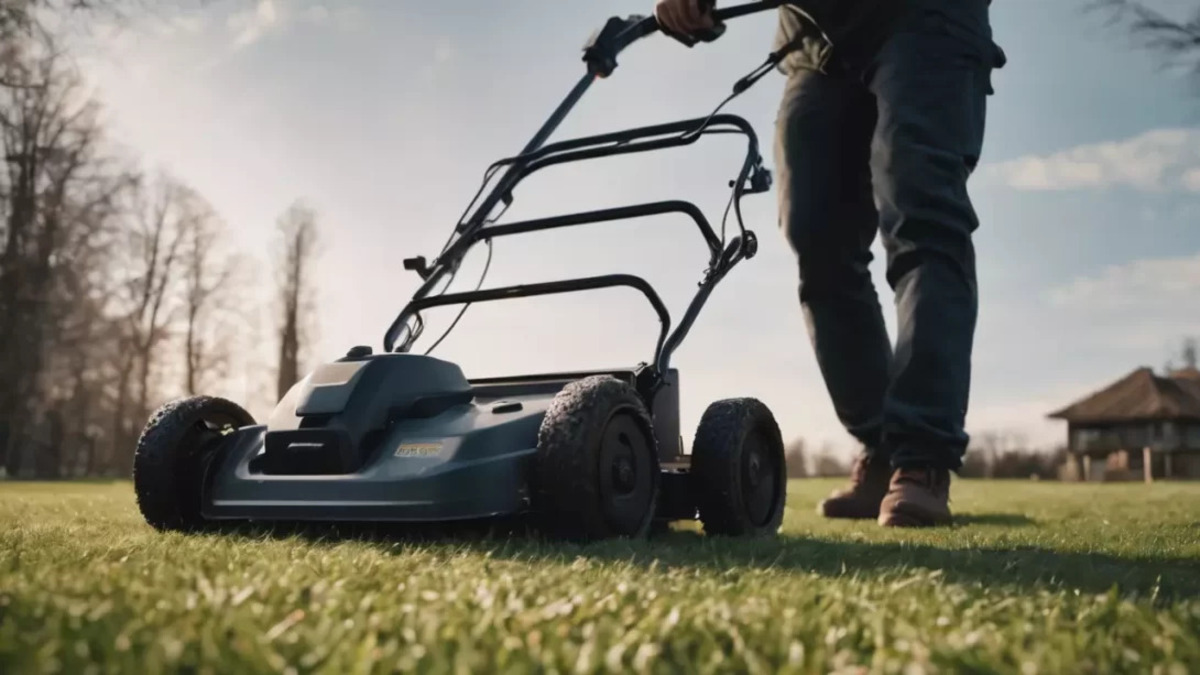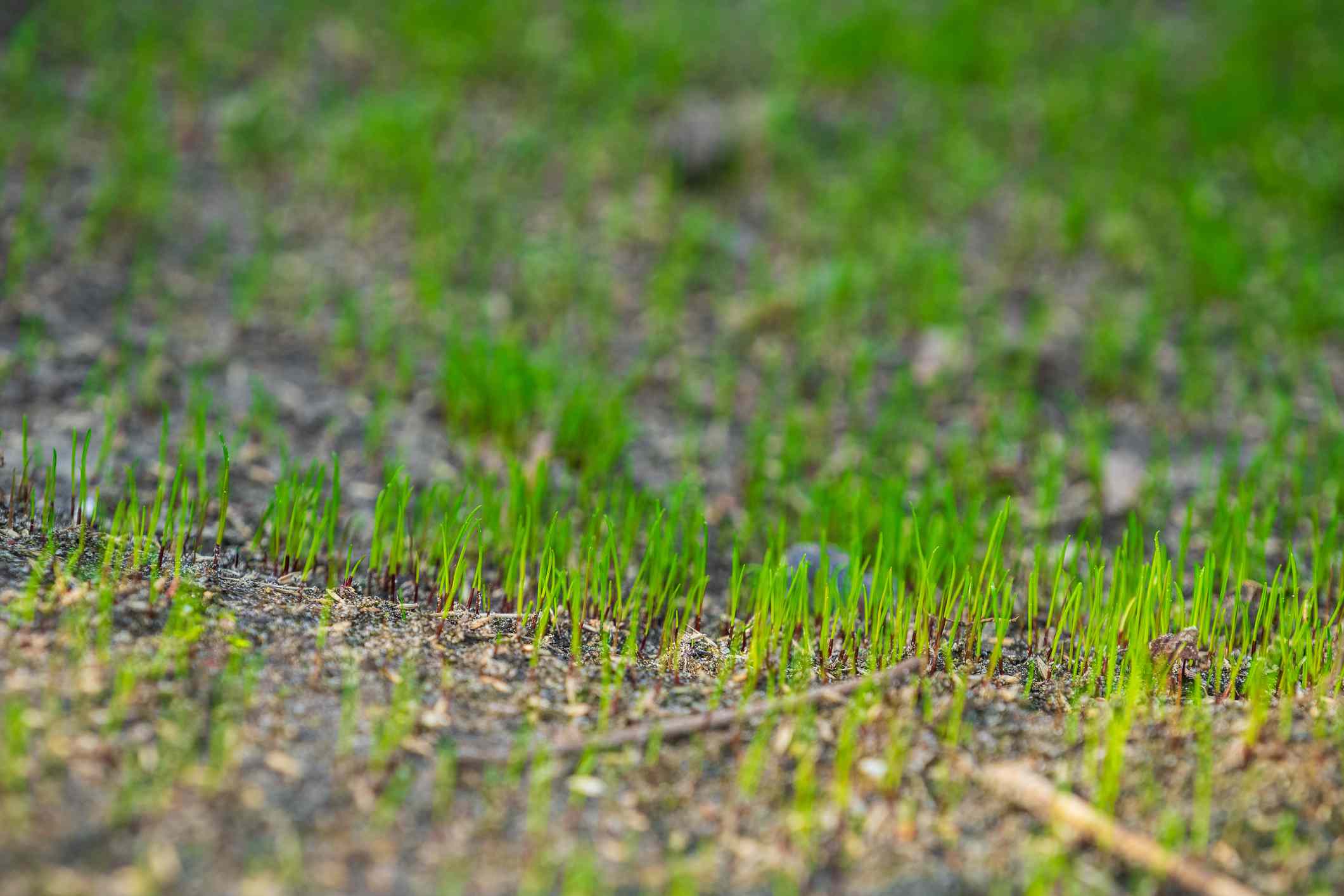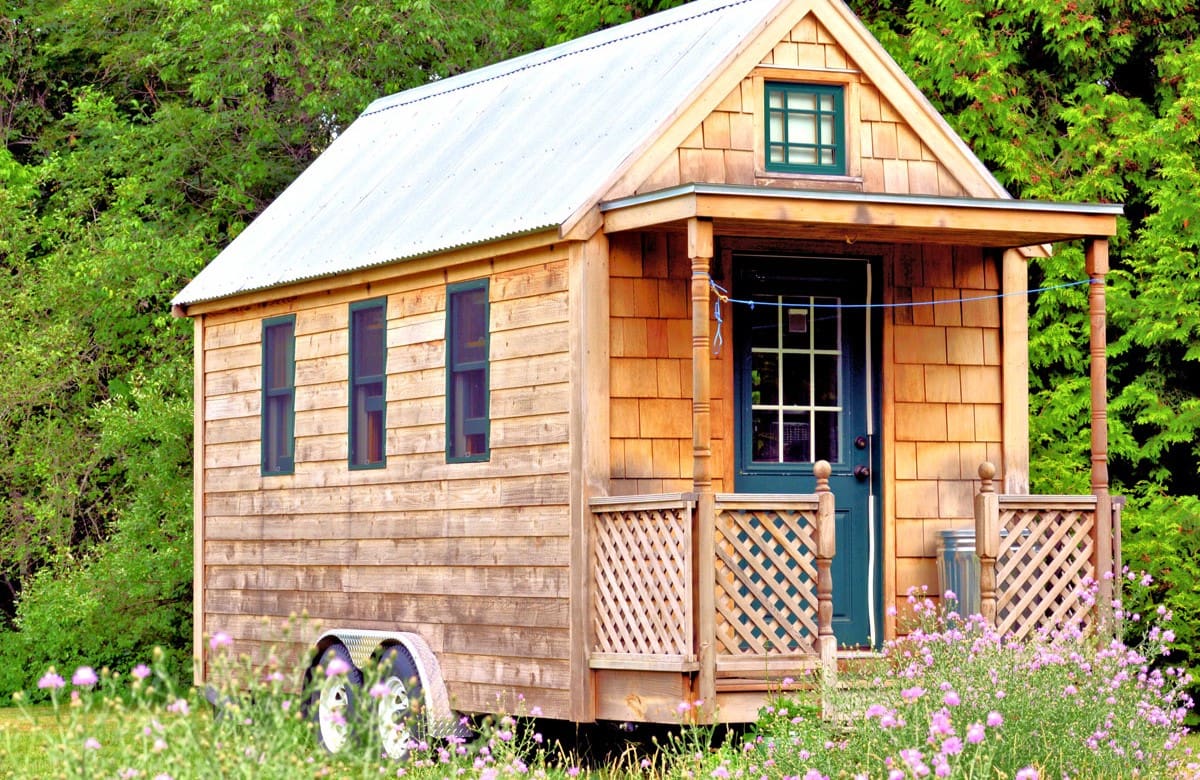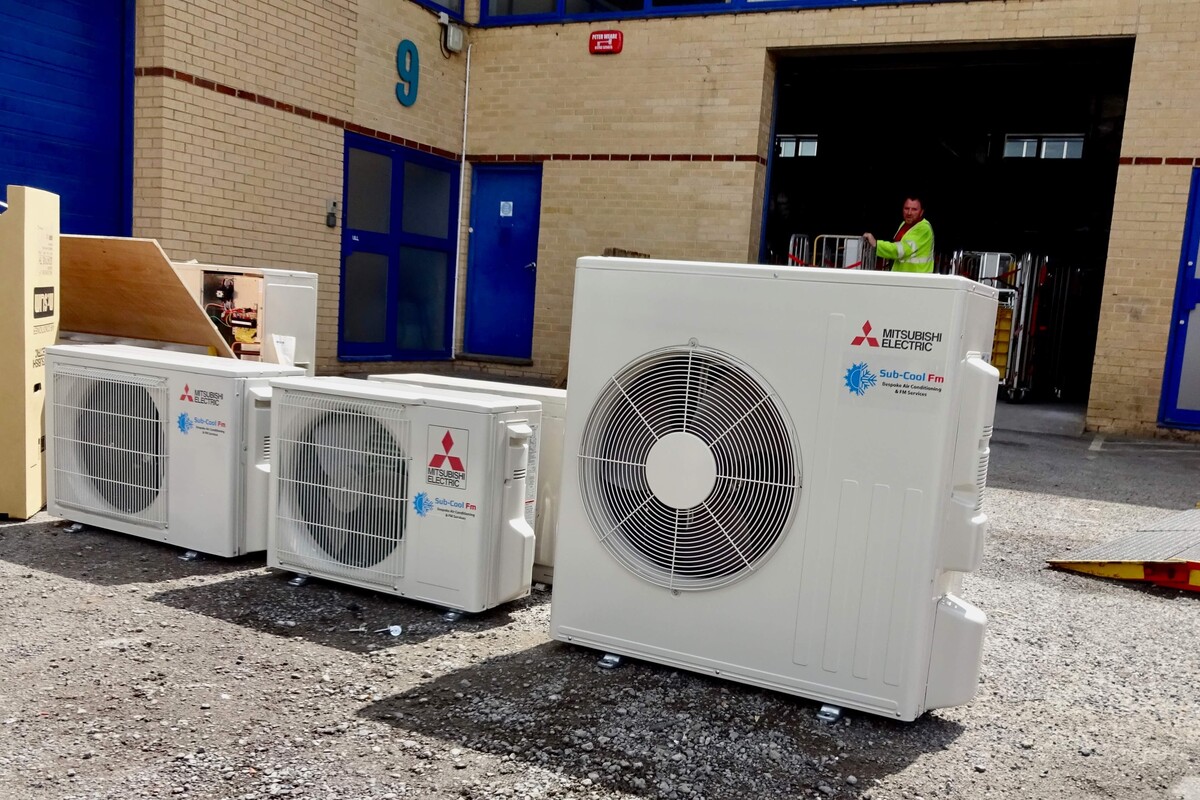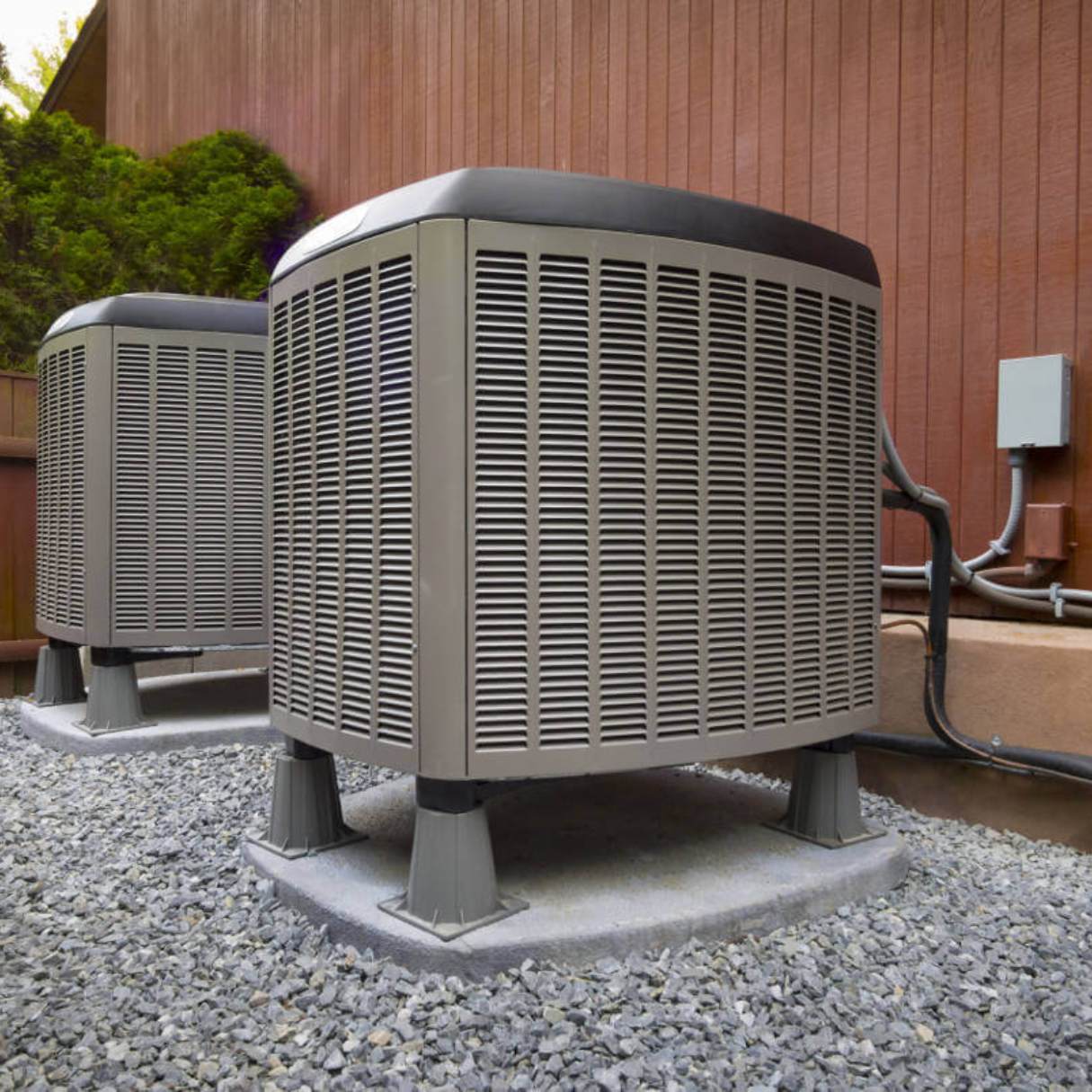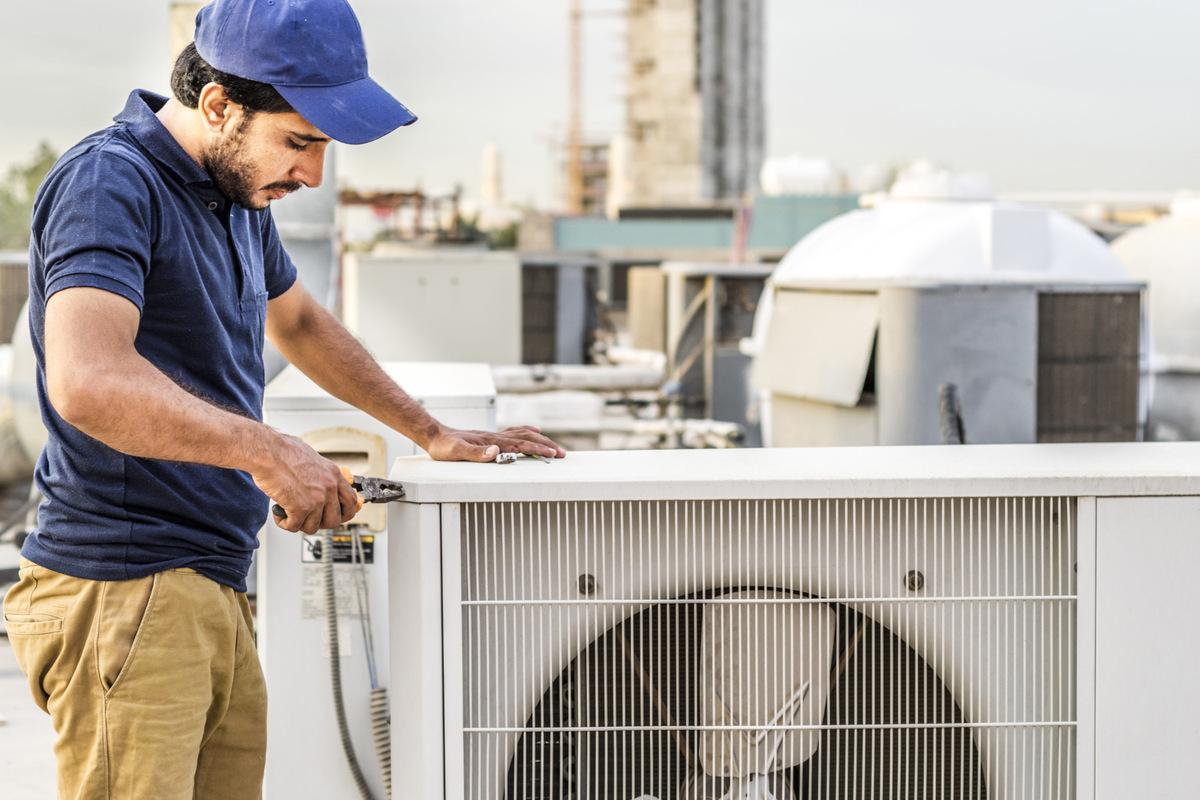Home>Home Maintenance>How Cold Is Too Cold For Air Conditioning
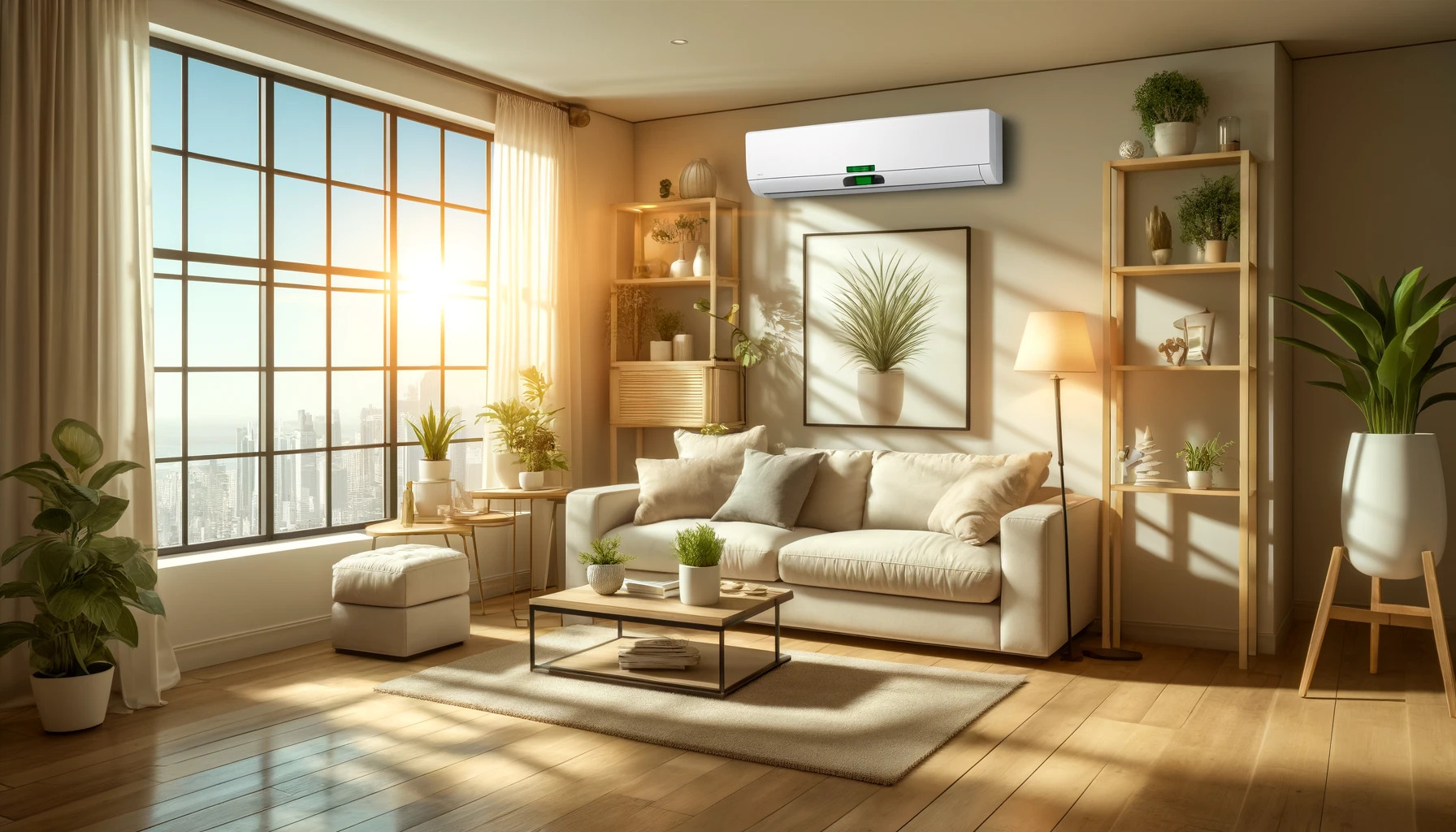

Home Maintenance
How Cold Is Too Cold For Air Conditioning
Modified: September 2, 2024
Learn about home maintenance and find out how cold is too cold for air conditioning. Stay comfortable and save energy by knowing the optimal temperature for your AC unit.
(Many of the links in this article redirect to a specific reviewed product. Your purchase of these products through affiliate links helps to generate commission for Storables.com, at no extra cost. Learn more)
Introduction
Welcome to our comprehensive guide on answering the age-old question: “How cold is too cold for air conditioning?” As homeowners, it’s essential to understand how temperature impacts the performance and efficiency of our air conditioning systems, especially during extreme weather conditions.
When it comes to keeping our homes comfortable, air conditioning is a crucial component. However, knowing the optimal temperature settings and understanding the limits of our air conditioning units can help us make informed decisions and avoid potential issues. So, let’s dive in and explore the factors affecting air conditioning performance and how cold temperatures can impact our cooling systems.
Key Takeaways:
- Don’t run your air conditioner in extreme cold! It can freeze up and struggle to keep your home comfortable. Use other heating sources instead.
- Prepare your air conditioner for winter by cleaning and covering the outdoor unit, turning off the power, and scheduling professional maintenance.
Read more: How Cold Is Too Cold For Outdoor Wedding
Factors affecting air conditioning performance
Several factors influence the performance and effectiveness of an air conditioning system in maintaining a comfortable indoor environment. Understanding these factors can help us optimize the cooling efficiency of our homes.
Temperature and humidity
The temperature and humidity levels in our homes play a significant role in determining the effectiveness of air conditioning. Air conditioning units work by removing heat and moisture from the air, which cools and dehumidifies the indoor environment. However, extreme temperature fluctuations or high humidity levels can strain the system and affect its efficiency.
During hot summer months, air conditioners work harder to cool the air, and extreme heat can put a strain on the unit’s components. Conversely, during colder seasons, operating an air conditioner may not be necessary, as the outdoor temperature is already low. Operating an air conditioner in extremely cold conditions can lead to reduced efficiency and potential damage to the system.
Insulation and air leaks
Proper insulation and sealing of our homes are essential for maintaining a consistent indoor temperature and maximizing the efficiency of our air conditioning systems. Insulation helps prevent the transfer of heat between the indoor and outdoor environments. Without sufficient insulation, cool air will escape, and warm air will infiltrate our homes, forcing the air conditioner to work harder to maintain a comfortable temperature.
In addition to insulation, air leaks can also have a significant impact on air conditioning performance. Leaky windows, doors, and ducts allow cool air to escape and hot air to enter. This puts additional strain on the air conditioner as it tries to compensate for the lost cool air. Sealing these air leaks can improve the overall efficiency of our cooling systems and save energy in the process.
By considering these factors and making necessary adjustments to optimize temperature and humidity levels while ensuring proper insulation and minimizing air leaks, we can enhance the performance and efficiency of our air conditioning systems.
Recommended temperature settings for different seasons
When it comes to setting the thermostat for optimal comfort and energy efficiency, it’s essential to consider the specific needs of each season. Here are the recommended temperature settings for both summer and winter:
Read more: How Cold Is Too Cold To Plant Grass Seed
Summer
During the hot summer months, it’s tempting to set our air conditioners to lower temperatures to combat the heat. However, setting the thermostat too low can lead to excessive energy consumption and may not be necessary for comfort. The U.S. Department of Energy recommends setting the thermostat to 78°F (25.5°C) during the summer months for a balance between comfort and energy efficiency.
By keeping the temperature around 78°F, you can enjoy a cool and comfortable indoor environment without overburdening your air conditioner or skyrocketing your energy bills. Additionally, using ceiling fans to create a breeze can make a room feel cooler, allowing you to set the thermostat even higher and save on energy costs.
Winter
In the winter, the focus shifts from cooling to heating. Setting the thermostat to an appropriate temperature can ensure a cozy indoor environment while still being mindful of energy consumption. The recommended temperature during the winter months is 68°F (20°C).
If you feel chilly, consider layering your clothing or using blankets to keep warm rather than significantly increasing the thermostat temperature. Additionally, using a programmable thermostat can help optimize energy usage by automatically adjusting the temperature during different times of the day or when you’re away from home.
It’s worth noting that these recommended temperature settings are general guidelines, and personal preferences may vary. It’s important to find the temperature that provides comfort for you and your family while keeping energy efficiency in mind.
The impact of extreme cold on air conditioning systems
While air conditioning systems are primarily designed for cooling, they can also be used to regulate indoor temperatures during the colder months. However, it’s important to understand that air conditioning units have limits, and extreme cold temperatures can have adverse effects on their performance. Here are two significant impacts of extreme cold on air conditioning systems:
Freezing of condenser coils
One of the significant issues that can occur in extremely cold weather is the freezing of the condenser coils. The condenser coils are responsible for transferring heat from the indoor environment to the outside. When it is extremely cold, the moisture in the air can freeze on the coils, adding a layer of ice and hindering the proper heat transfer process.
This ice buildup on the condenser coils restricts the airflow and reduces the efficiency of the air conditioning system. As a result, the unit may struggle to achieve the desired temperature, and it may even cause the compressor to work harder and potentially lead to system components malfunctioning.
Read more: How Cold Is Too Cold For Hot Tub
Reduced efficiency and effectiveness
In extreme cold temperatures, air conditioning systems are not designed to perform optimally. These units are typically designed to operate within a specific temperature range, and when the outdoor temperature falls outside that range, the system may struggle to function efficiently.
Extreme cold can lead to reduced effectiveness in cooling the indoor environment and maintaining the desired temperature. The unit may take longer to cool the air or may not be able to achieve the desired temperature at all. This can result in discomfort for occupants and may lead to increased energy consumption as the system works harder to compensate.
It’s important to note that air conditioning systems have built-in safety features that can protect the unit from extreme cold. For example, some units have a low ambient temperature cut-off switch that shuts down the system when the temperature falls too low to prevent damage.
To optimize the performance of your air conditioning system in extremely cold weather, it’s advisable to rely on other heating sources that are specifically designed to handle low temperatures. Electric heaters, fireplaces, or other heating appliances can be used instead of solely relying on the air conditioner.
Signs that the air conditioner is struggling in extremely cold temperatures
In extremely cold temperatures, air conditioning systems may show signs of distress and struggle to operate at their peak performance. Recognizing these signs can help homeowners identify any issues and take appropriate action. Here are some common signs that your air conditioner may be struggling in extremely cold weather:
Decreased airflow
If you notice a significant reduction in airflow from your air conditioning vents during extremely cold temperatures, it could be a sign that your system is struggling. Reduced airflow can be caused by various factors, such as ice buildup on the condenser coils or frozen refrigerant lines.
When airflow is restricted, the system has to work harder to distribute conditioned air throughout your home, putting strain on the fan motor and potentially leading to further damage if left unaddressed.
Uneven cooling
If you experience uneven cooling in different areas of your home during extreme cold weather, it could indicate that your air conditioner is struggling. Freezing temperatures can affect the heat transfer process, causing the system to struggle to maintain consistent temperatures throughout your home.
You may notice significant temperature variations, with some rooms feeling too warm while others remain uncomfortably cool. This disparity in cooling can indicate that your air conditioning system is having difficulty keeping up with the demands of extreme cold weather.
Read more: How Cold Is Too Cold For Grass Seed
Ice buildup on the unit
One of the most visible signs that your air conditioner is struggling in extremely cold temperatures is the presence of ice buildup on the unit itself. This ice accumulation is often seen on the outdoor unit’s coils and can hinder the proper functioning of the system.
Ice buildup obstructs the airflow, preventing the proper heat exchange required for effective cooling. It can also put strain on the components of the air conditioning system and potentially cause damage if not addressed promptly.
If you observe any of these signs during extremely cold weather, it’s essential to turn off your air conditioner and contact a professional HVAC technician for inspection and repair. Attempting to troubleshoot and fix the issues yourself may further damage the system or pose safety risks.
Remember, it’s crucial to prioritize the safety and efficiency of your air conditioning system, especially during extreme weather conditions where it may be more susceptible to strain and damage.
Preparing your air conditioning system for cold weather
As the cold weather approaches, it’s essential to take steps to prepare your air conditioning system for the winter season. Proper maintenance and winterization can help protect your unit and ensure its optimal performance when warmer temperatures return. Here are two key steps to prepare your air conditioning system for cold weather:
Winterizing your air conditioner
Winterizing your air conditioner involves taking measures to protect it from potential damage during the colder months when it is not in use. Here are some essential steps to winterize your air conditioning system:
- Clean the outdoor unit: Remove any debris, dirt, and leaves from the outdoor unit. This will prevent them from accumulating and potentially causing damage to the system over time.
- Cover the unit: Use a specialized air conditioner cover or a tarp to protect the outdoor unit from the elements. This will help prevent snow, ice, and moisture from entering and potentially causing damage to the unit.
- Turn off the power: Switch off the power supply to the air conditioning system to prevent accidental operation during the winter months.
Regular maintenance and inspections
Regular maintenance and inspections are crucial for the longevity and efficiency of your air conditioning system. Here are some recommended maintenance tasks to perform before the cold weather sets in:
- Clean or replace air filters: Dirty or clogged air filters can restrict airflow and reduce the efficiency of your air conditioner. Clean or replace air filters to ensure proper airflow and improve indoor air quality.
- Check for air leaks: Inspect and seal any air leaks around windows, doors, and ductwork. This will help prevent cold air from entering and warm air from escaping, improving the overall efficiency of your heating system.
- Schedule professional maintenance: Consider hiring a professional HVAC technician to conduct a thorough inspection and maintenance of your air conditioning system. They can identify any potential issues, clean the unit, and make necessary adjustments to ensure it is in optimal condition for the colder months.
By taking these steps and investing a little time and effort in winterizing your air conditioning system and conducting regular maintenance, you can protect your unit from potential damage and ensure its efficient operation when warmer weather returns. Remember, proper care and maintenance can extend the lifespan of your air conditioner and save you money on repairs and energy costs in the long run.
Conclusion
Understanding the impact of cold weather on air conditioning systems is crucial for homeowners. While air conditioners are primarily designed for cooling, they can also be used to regulate indoor temperatures during colder seasons. However, it’s essential to recognize the limitations and potential challenges that extreme cold temperatures can pose to these systems.
Frozen condenser coils and reduced efficiency are two significant issues that can arise when air conditioning units are operated in extremely cold weather. Ice buildup on the unit can obstruct airflow and hinder the heat exchange process, leading to decreased performance and potential damage to the system components.
Recognizing signs of struggle in air conditioning systems during extreme cold temperatures, such as decreased airflow, uneven cooling, and ice buildup, can help homeowners identify issues and take appropriate actions. Professional maintenance and inspections, as well as winterizing the air conditioner, are necessary steps to ensure optimal performance and protect the unit from winter-related damage.
By following recommended temperature settings for each season and implementing proper maintenance practices, homeowners can optimize the efficiency and longevity of their air conditioning systems. It’s important to strike a balance between comfort and energy efficiency when setting the thermostat and to address any issues promptly to prevent further damage.
Remember, regular maintenance, proper insulation, and addressing air leaks are key factors in maintaining the performance and effectiveness of your air conditioning system. By taking these steps and being mindful of the impact of extreme cold temperatures, you can ensure the longevity and efficiency of your air conditioner, keeping your home comfortable year-round.
In conclusion, understanding the effects of cold weather on air conditioning systems and taking appropriate measures to prepare and maintain them will ensure optimum performance, extend the lifespan of the unit, and provide comfort when it is most needed.
Frequently Asked Questions about How Cold Is Too Cold For Air Conditioning
Was this page helpful?
At Storables.com, we guarantee accurate and reliable information. Our content, validated by Expert Board Contributors, is crafted following stringent Editorial Policies. We're committed to providing you with well-researched, expert-backed insights for all your informational needs.
